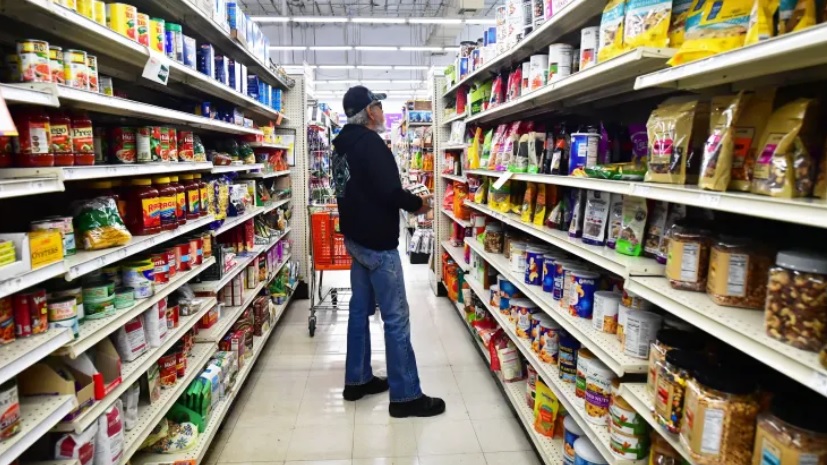Inflation in the EU27 has been accelerating since last autumn and is gradually detaching from nominal wage growth. Thus, real wages have been declining at least since the third quarter of last year, and it is most likely that this trend spilled over into the first quarter of this year (we do not know the specific data yet).
Although elementary logic dictates that employees, and hence trade unions, will seek to compensate for higher inflation in the form of higher nominal wage growth, wage demands are likely to be much more moderate this year. This is partly due to the external shocks mentioned above, where a large part of society understands that it must share in their consequences.
And the expectation of an unfortunate economic development in the form of stagflation (or even slumpflation) is also to blame. This is a combination of stagnating gross domestic product growth, increased inflation, but also rising unemployment. In slumpflation, there is even a decline in economic performance and unemployment rises much more. Unions are likely to be aware of the risks of stagflation or slumpflation, and so they will want to mainly negotiate job preservation for their members.
We could thus return to real wage growth in the European Union next year. However, it will depend on how inflation is reduced, if at all. This, in turn, will depend on how long the military conflict in Ukraine lasts. It has so far made energy commodities particularly expensive, but food prices are also expected to rise significantly. What is certain is that this year's high base of comparison will help curb inflation next year. The question is whether this prospect is sufficient consolation for Europeans.
(An analysis by Aegean Equity)















